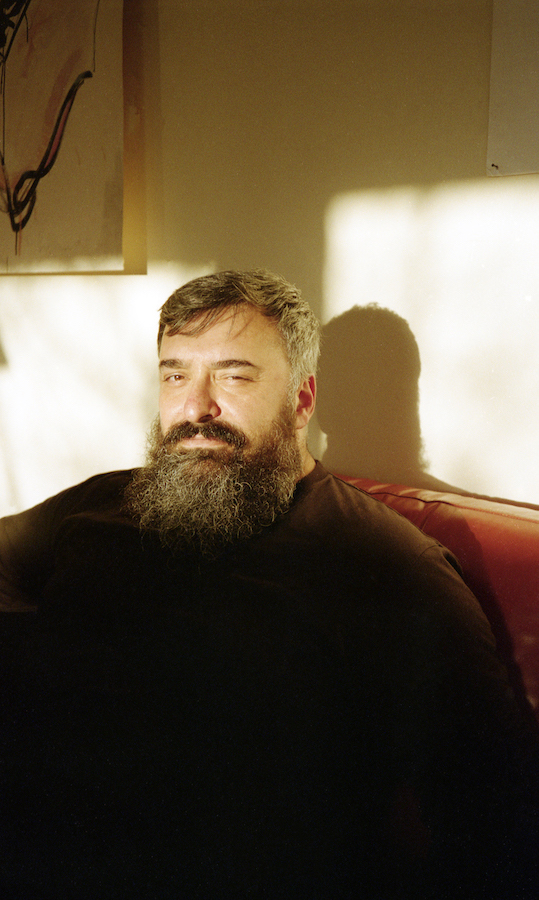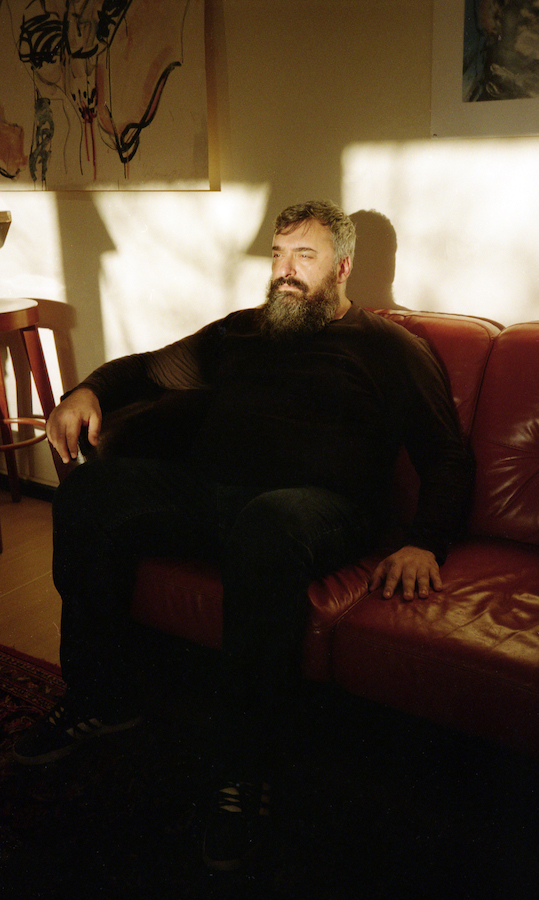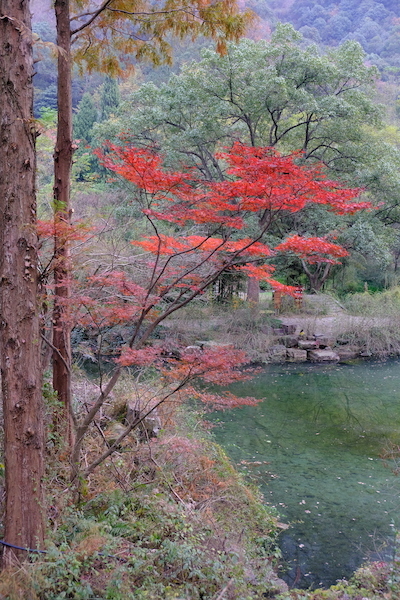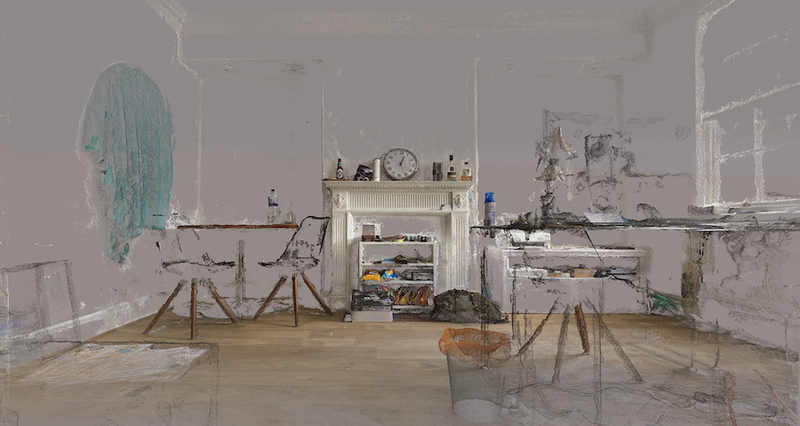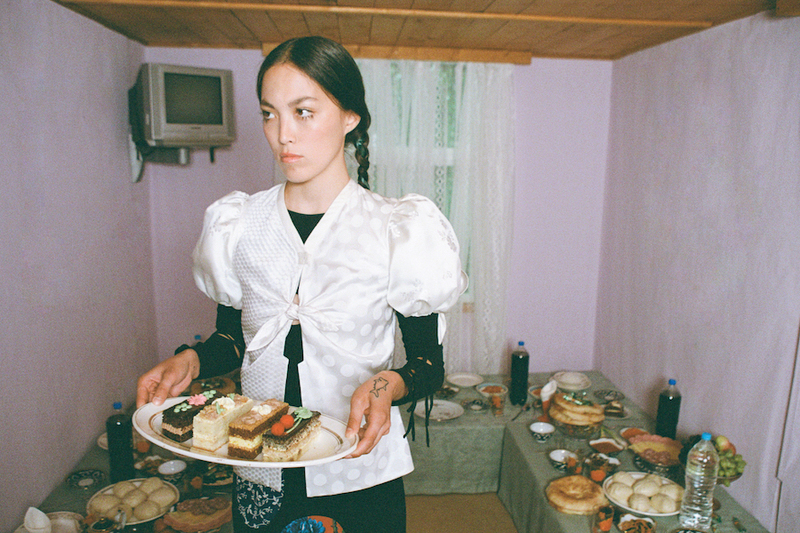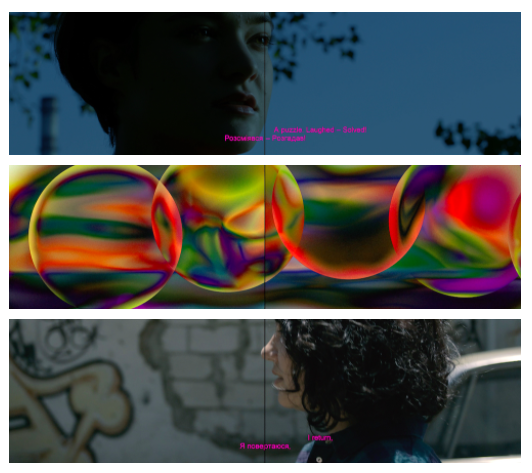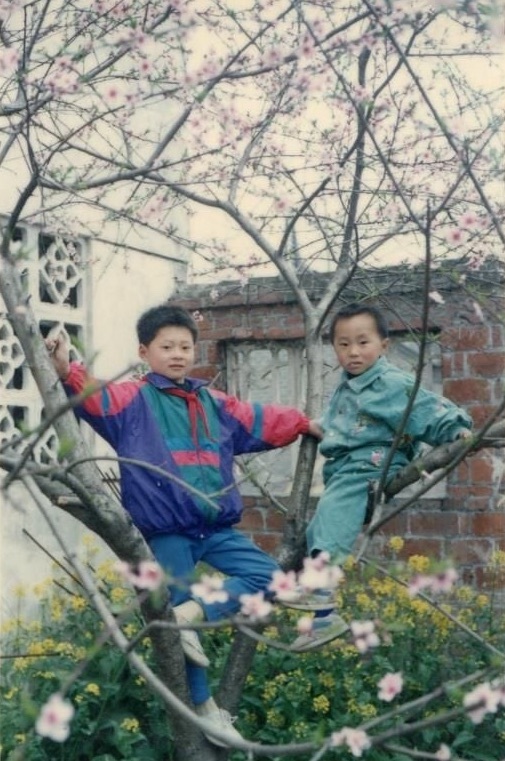During the span of his lengthy career, Rabih Beaini has developed a reputation as one of the most forward-thinking musicians and curators in the modern experimental and electronic scenes. It was a long way from his first dj-sets in his native Lebanon in 1990s to the creation of his own imprint Morphine Records in Italy in the early 2000s, which gained a cult status when he later relocated to Berlin. He has experimented with analog techno under his former alias Morphosis, curated programs for festivals such as CTM in Germany and Urvakan in Armenia, and released records by innovative artists from Western Asia, North Africa, and South-East Asia. Towards the end of Berlin's lockdown, he spoke with curator Andrei Zailer about Lebanon, his musical roots, and ways to preserve cultural traditions while constantly moving forward.
That was the plan. And less than two weeks after I started renting it, the whole city went into lockdown. So, I found myself with a big space 200 meters from my house that I could reach easily. I started walking there every morning alone. I’ve installed some of my woodwork instruments, I built some shelves, a library, a closet, and some other things for the workshop. Of course, working alone is much slower, but at the same time it’s given me a really important detachment from everything that’s been happening. It couldn’t have been better because physically and mentally I’ve been able to overcome all this madness. Honestly, I consider myself very lucky.
Photography by Francoise Bolechowski
But this guy, Assi Hellani, he turned the song into a radio hit. We would hear it everywhere. The thing that differentiated this song from others in the genre was the mixing technique. The beat was played by the best percussionist in Lebanon and was the loudest thing on the track, so in a technical sense it was mixed in a style similar to contemporary techno. For instance, in rock music the guitars and the vocals are the loudest, but in techno the beat is in front of everything. That song had a very simple beat on the tabl, a two-sided frame drum that is hung from the player’s shoulder and beaten with sticks. It was a traditional instrument played in a traditional way, but the sound of it in the mix hit really hard.
This guy didn’t just get huge—he also had an unprecedented impact on music production in Lebanon. Everyone after him started using the exact same style of mixing that he pioneered. Local producers all went and unearthed mountains of traditional songs, some that we didn’t even really know existed. People also started to expand into Gulf music and Syrian music and it became a whole industry. At that time, everyone quit listening to any Western music—nobody cared about it anymore. This one song changed the whole music scene. Of course, I’m talking about the general public—Beirut already had an arts scene that was removed from this and doing it’s own thing. At that time, I was listening to whatever I could find—from hip-hop to pop music, even Michael Jackson. But when I heard that song it gave me the sense of the beat.
There were other inspiring artists in Lebanon at that time, who were playing with things in a very creative way. One of them was my favorite Lebanese singer Alain Merheb, who also came from a rural background. He was an immense artist—very underrated in Lebanon—who cared about traditional and Arabic music that came from the tribes, from real Arabic culture. He was using tradition and melding it with synthesizers, making drone music with vocals on top of it so it felt like it was floating on the air. He was also using some detuning system with his voice that was quite unique and made him sound odd to a lot of people, but for me it was the best thing.
In the small town in the mountains where we would spend our summers, there’s a mosque and on the opposite side of the valley there's a Christian church. Every day at six PM they would play the bells at the same time as the call to prayer. It was always the exact same voice and it's still probably my favourite Azan—I really loved the tone and accent and the way the muezzin would sing it. It was something really peaceful and very fascinating to me—even during the time of the war. Growing up Christian and really enjoying Azan made me feel as if I was committing some kind of sin. It felt that way at the time but I didn’t lose my faith as a result.
I think Islamic clerical and religious music is some of the most beautiful ever made. I’ve really come to understand how they conquered so many places—not only with weapons, but also with culture. The call to prayer that Muslims do is like snake charming in a way. You cannot not love that—you almost become Muslim. You feel like you want to learn every word and know what they’re talking about. You’re thinking “I want to be with them because they’re calling me.” It's crazy powerful. I think bells in Christian culture have the same effect.
In a way, something similar is going on globally right now. The situation with the virus, in my opinion, is actually killing music and turning it into something that is not only a non-necessity, but almost something that makes you feel guilty. Generally, music compels people to come together, to gather, and to create a community—to dance together, to share things. Now it’s doomed. We’re postponing all these events not because we don’t feel safe, but because we would feel guilty bringing people together in a period when people should not be together. Digital performance and streaming services still have some effect but let’s be straightforward and honest—it’s not the same thing.
When we don’t update traditional music around the globe, we kind of put it in a glass box and appropriate its image
Before the phonograph, music was just music. There was popular music, there was classical music, and there was folk music. There was no real focus on traditional music per se, as something to be preserved. What we want to preserve right now is an image of a moment in the history of that music. It’s as if we meet a person for the first time and they are forty five years old. We take a picture of that person and in our mind that person has to stay the same way he was. Forty years later you meet that person and he is much older. You don’t accept that image, because you didn’t update it. And when we don’t update traditional music around the globe, we kind of put it in a glass box and appropriate its image.
So what’s traditional music? What’s the brand that we’re labeling it with? If you consciously take and start manipulating and adding, destroying and rebuilding, you are actually not only preserving that music, you’re giving it new life and you’re making it progress. In a thousand years, something that you did with a synthesizer or laptop may be considered “traditional music.”
Another experience I had in regard to traditional music and the ways it is manipulated or expanded was with Tarawangsawelas, another band from Indonesia who play a modern version of Tarawangsa, which is sacred music from Sundanese West Java. We did a residency together where I started discovering a bit about Tarawangsa. Then I travelled to the village where this music was born and where it’s mainly played. I had direct contact with the elders and I asked them, “if this music is played outside in a different way using the same instruments, more as a dedication to it, and going around it without touching the sacred part of it, and without making a hybrid or something—would they be offended?”, because it’s not only tradition, it's proper sacred music. They said that Tarawangsa is a ritual that lives here in Rancakalong. But surprisingly they said “The music is music and that it travels and goes everywhere. It's not ours. It partly comes from China, partly from the Middle East. You have the Rabāba (traditional Arabic bowed instrument that spread all over the world via trade routes —Ed.) and we changed it and made our Tarawangsa instrument. It’s actually more yours than ours.” So, they simply meant that we can’t really appropriate anything and this was the biggest lesson these people gave me at that time.
I’m also working on a project with Abdel Karim Shaar, but this will take some time. In Lebanon, he’s a very popular, some might say legendary, Tarab singer. Tarab is a form of Classic Arab music that was developed in the Damascus region, Egypt, and Lebanon in the beginning of the XX century. It’s classical music, music that you usually study at conservatorium for years through transcriptions and by performing pieces for orchestra and choir.
Also, we have the PRAED Orchestra! album coming out in the fall of 2020. This is a recording of a concert they played at the Sharjah Foundation, one of the biggest art structures in the Middle East. The Lebanese band Praed brought thirteen musicians, made a whole composition with them, and performed it there together with people like Alan Bishop, Jerusalem In My Heart, Nadah El Shazly, Maurice Louca, and Michael Zerang, and many others. The piece itself is a really diverse and long Egyptian or Arabic operette. Each track is totally different, but then everything comes back together. It has a really nice narrative—beautifully composed, executed, and recorded.
Of course, there are many other interesting musicians I’d like to work with. And there are labels from Lebanon and Egypt, like Nawa for instance, that I'm already working with. For me, it's about the fact that those musicians are active and releasing music and that I can support them by proposing them for curated lineups. Promoting is the most critical thing I can do. I don't need to have them on the Morphine catalog to feel close to them.
